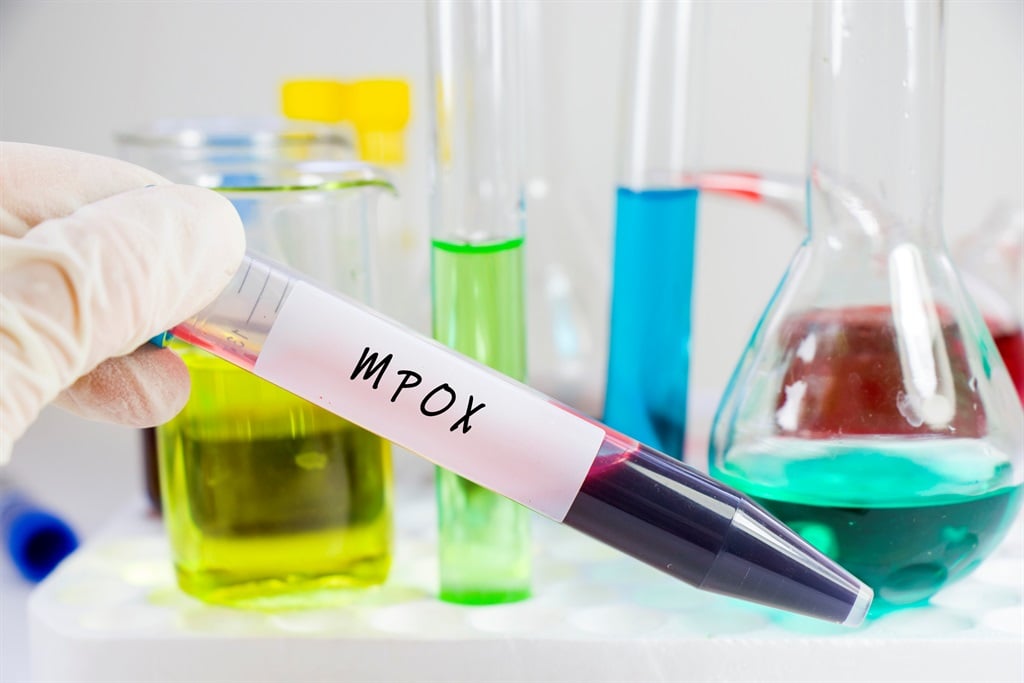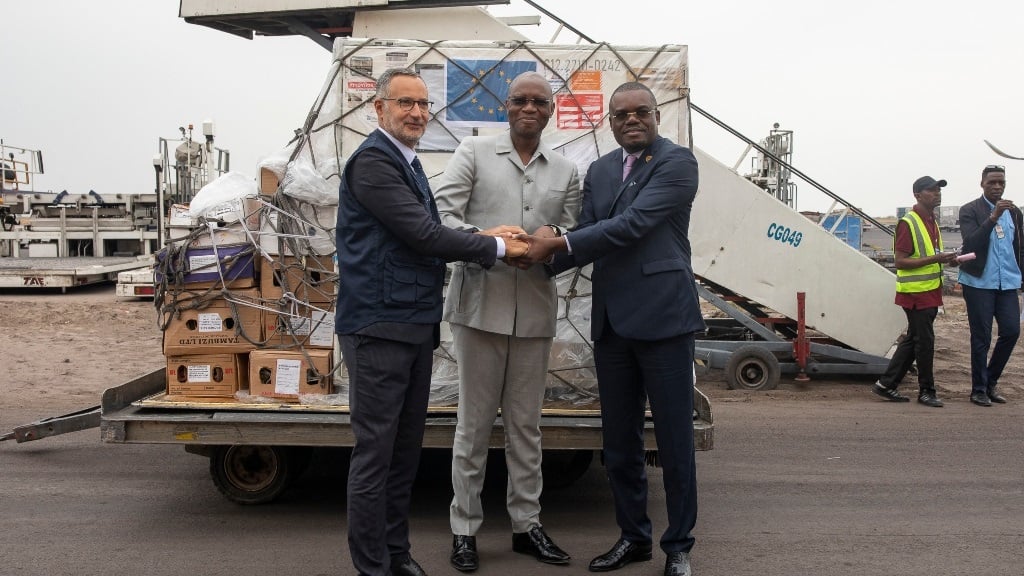

Nigeria became the first African country to receive a mpox vaccine donation from the US. (Tamar Dundua/Getty Images)
- Academics say the term mpox has failed to be consistently adopted in other languages.
- In Spanish, French, and Portuguese, racist connotations are hampering efforts to fight the disease, they have warned.
- The majority of mpox cases have been recorded in Africa, particularly the Democratic Republic of the Congo.
Some Spanish-, French-, and Portuguese-speaking academics say mpox needs to be renamed from monkeypox in those languages too because of ongoing stigmatisation and racial connotations linking the disease to Africa.
The World Health Organisation (WHO) renamed the illness in English in 2022 after extensive consultation, and recommended action for additional languages.
But ambiguous guidelines have caused conflicting translations in non-English countries.
In a letter in The Lancet Journal, the academics said there were “profound racist connotations” in the language around the disease.
They argued that the non-English names were “often used derogatorily to refer to people of African descent or, in some countries in Latin America, people of indigenous origin”.
READ | More than 18 700 mpox cases detected in Africa since January: health agency
They said there was an urgent need to rename mpox in their languages because the current names had a direct negative impact on dealing with the international emergency.
“These terms hamper efforts to communicate information effectively by fuelling stigmatising narratives of fear and discrimination, which render collaborations less effective from the outset.
“The use of language plays a pivotal role in the context of public health, often either helping to bridge the gap between the medical community, policymakers, and the public, or widening the gap further,” they said.
They compared it to Covid-19, which was dubbed the China virus, and the early stages of HIV/Aids, which were first described as gay-related immune insufficiency and linked to stereotypes of promiscuity and racism.
They said:
The stigmatising connotations of those terms (HIV and Covid-19) had tangible impacts on communities and policy that have endured to the present day.
“In the context of mpox, the persistence of these terms in Spanish, French, and Portuguese fuels harmful stereotypes and exacerbates social and global health inequalities,” they added.
They then suggested the disease be called viruela M in Spanish, variola M in Portuguese, and variole M in French.
They also said inequality in vaccine access should be addressed, “ensuring that affected communities have access to adequate diagnostics, vaccines, treatment, and healthcare”.
More than 120 countries worldwide reported more than 100 000 confirmed cases of mpox due to MPXV clade I and clade II, including more than 200 deaths between the start of mpox monitoring in 2022 and 31 July 2024, according to the WHO.
The majority of the cases are in Africa, particularly the Democratic Republic of the Congo (DRC), with 15 other African countries recording cases.
The News24 Africa Desk is supported by the Hanns Seidel Foundation. The stories produced through the Africa Desk and the opinions and statements that may be contained herein do not reflect those of the Hanns Seidel Foundation.

